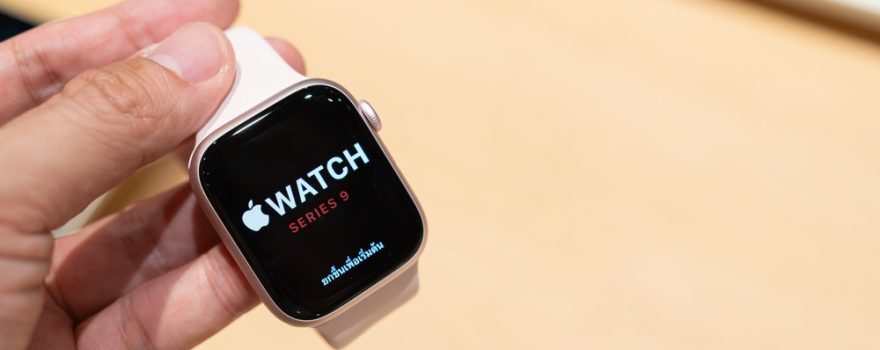
In a setback for tech giant Apple, the U.S. International Trade Commission (ITC) has rejected the company’s plea to delay the sales ban on the Apple Watch Series 9 and Apple Watch Ultra 2. The ban, initiated by an October ruling, stems from a patent infringement dispute with medical device maker Masimo, specifically concerning the SpO2 sensors in the smartwatches.
Apple, complying with the ITC’s decision, announced the removal of the affected models from store shelves. This move not only impacts sales but also restricts out-of-warranty repairs for various Apple Watch models in the United States, adding frustration for Apple enthusiasts.
The ongoing clash between Apple and Masimo has broader implications, affecting users seeking non-warranty repairs for Apple Watch Series 6 and later models, excluding the SE. Bloomberg’s Mark Gurman reports that Apple has notified its customer service staff about the temporary unavailability of out-of-warranty repairs and full device replacements during the ban’s duration.
The dispute centers around the SpO2 sensor, a critical feature in the Apple Watch Series 6, 7, 8, 9, Ultra, and Ultra 2. While Apple is working on a software update to address the patent concerns, Masimo contends that hardware modifications are also necessary, prolonging the resolution.
As of December 21, Apple ceased sales of the contentious models on its U.S. website, with retail locations following suit after December 24. The ban, effective December 26, prohibits the import and sale of the infringing Apple Watches in the United States.
Despite Apple’s appeal to the U.S. Court of Appeals for the Federal Circuit, the ITC’s decision remains final. Apple expressed strong disagreement with the ban, emphasizing its commitment to resolving the issue. Analysts anticipate a protracted legal battle, speculating that the appeal could extend the final verdict for approximately another year.
With the Biden administration declining to intervene, the tech giant faces challenges in resuming sales. Meanwhile, Apple’s pursuit of a software workaround may offer a potential solution, though Masimo maintains that comprehensive hardware adjustments are imperative. The industry watches closely as this patent dispute unfolds, shaping the future of wearable technology and intellectual property rights.
